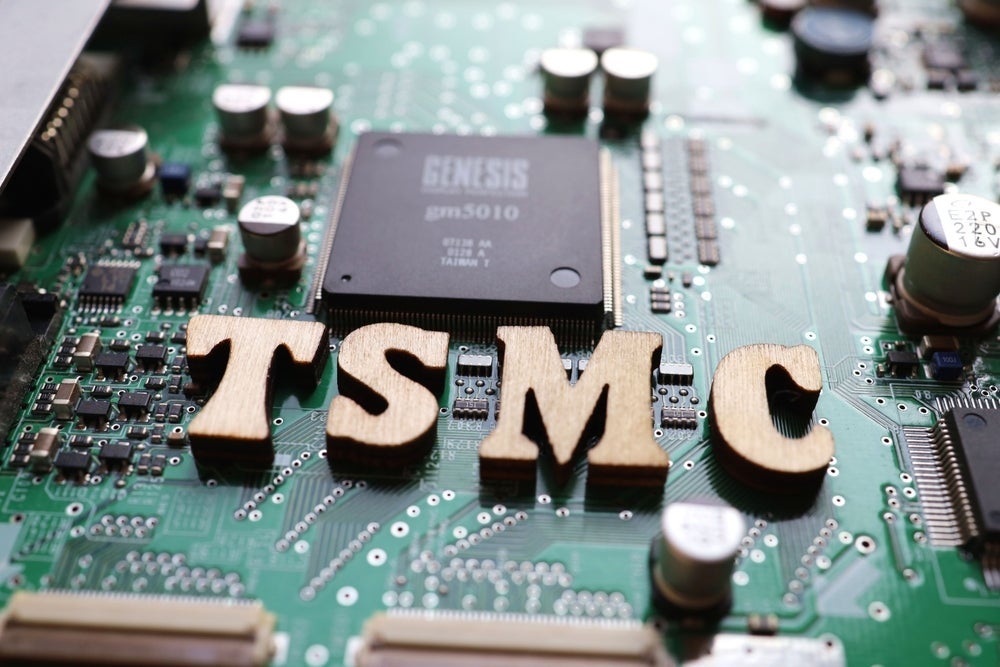Shares of Taiwan Semiconductor Manufacturing Co TSM rose by 2.63% during pre-market trading on Friday, as per Benzinga Pro, despite the company’s October sales showing the slowest growth since February. This slow growth raises concerns about the sustainability of demand for AI chips.
What Happened: As a leading producer of advanced chips, the Taiwanese company is considered a key indicator for the development of AI infrastructure. As per Bloomberg, investor focus on TSMC’s monthly sales has intensified amid growing skepticism about AI’s business potential and its ability to deliver tangible benefits. Notably, TSMC’s stock has surged over 80% this year.
In response to the election of Donald Trump as the next U.S. president, TSMC confirmed that its investment plans in the United States remain unchanged, as per Reuters. The company is investing $65 billion in new factories in Arizona, a move that aligns with its strategic expansion efforts. TSMC, along with GlobalFoundries, is expected to receive final awards from the Biden administration under the Chips and Science Act.
See Also: How To Earn $500 A Month From Nvidia Stock After Trump Win
Why It Matters: TSMC’s recent performance is set against a backdrop of operational challenges and strategic expansions. The company is grappling with rising electricity costs in Taiwan, a consequence of the country’s transition to renewable energy. Since 2022, electricity prices have surged, impacting TSMC’s operations significantly, as highlighted by CFO Wendell Huang. This increase in costs poses a challenge for the semiconductor giant, which is already facing the slowest growth in months.
Despite these challenges, TSMC is doubling its capacity for advanced chip packaging, driven by soaring demand for AI chips from tech giants like Nvidia Corp. NVDA, Microsoft Corp MSFT, and Amazon.com Inc. AMZN. This expansion is expected to be completed by 2025, with Nvidia projected to occupy over half of the new capacity.
Read Next:
Disclaimer: This content was partially produced with the help of Benzinga Neuro and was reviewed and published by Benzinga editors.
© 2024 Benzinga.com. Benzinga does not provide investment advice. All rights reserved.








